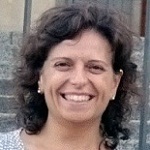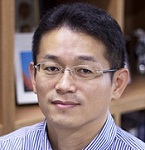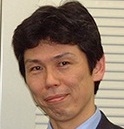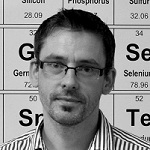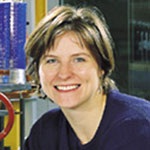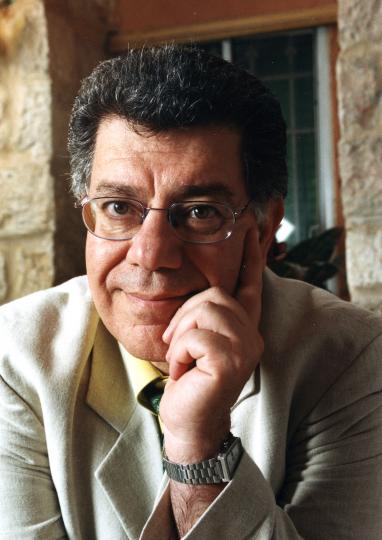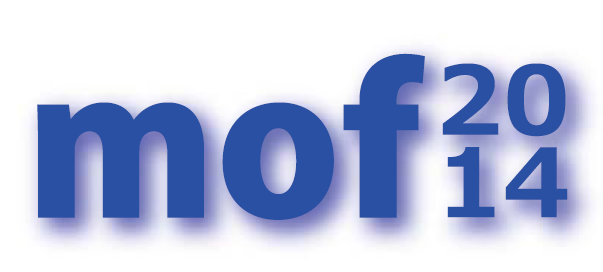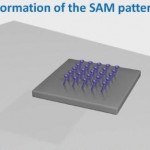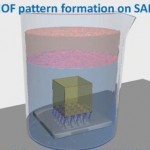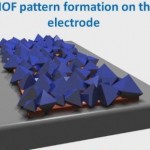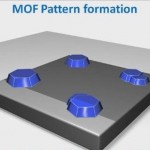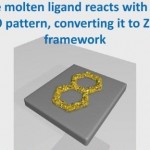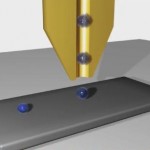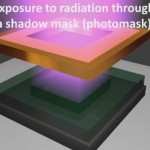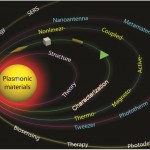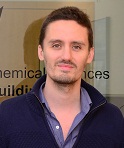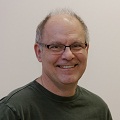 On behalf of the Chem Soc Rev Editorial Board, we are delighted to announce that Professor Peng Chen from the Peking University, Beijing, China, has been chosen as the winner of the 2014 Chem Soc Rev Emerging Investigator Lectureship.
On behalf of the Chem Soc Rev Editorial Board, we are delighted to announce that Professor Peng Chen from the Peking University, Beijing, China, has been chosen as the winner of the 2014 Chem Soc Rev Emerging Investigator Lectureship.
As a chemical biologist, Peng’s research aims to address fundamental questions in human health, specifically the threat of infectious diseases. Since 2009 his laboratory has focused on developing and applying novel chemistry tools to investigate protein based interactions and activities in living cells, with a focus on host-pathogen interactions.
The group’s current research projects include ‘Photo-affinity probes for studying protein-protein interactions in living cells’, ‘Visualization of organic hydroperoxides in living cells’ and ‘Protein Bioorthogonal labeling in living cells’.
Peng expressed his delight upon learning of the award, saying, “It’s a tremendous pleasure to receive this prestigious award. Being recognized by the international community means a lot to me at this early stage of my career.” He is keen to share the credit, adding, “This honour should also go to my students and co-workers, and I am deeply grateful to the Editorial Board and staff of Chem Soc Rev.”
The Emerging Investigator Lectureship is awarded each year to an emerging scientist who has made a significant contribution to their research field. Previous winners of the award include Xile Hu (2013), Xiaogang Liu (2012) and Cristina Nevado (2011). Nominations for the Emerging Investigator Lectureship 2015 will open later in the year – keep an eye on this blog.
Peng will present his Emerging Investigator lecture and receive his award at an international event sometime in the next twelve months. Further details will be announced in due course.
Comments Off on Peng Chen wins Chem Soc Rev Emerging Investigator Lectureship 2014
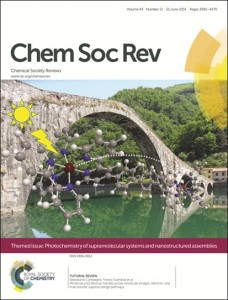 Chemical Society Reviews is delighted to present a themed issue on supramolecular photochemistry, dedicated to Professor Nick Turro, who sadly passed away in 2012. To celebrate Turro’s enormous contribution to photochemical sciences, guest editor Alberto Credi has gathered together the most prominent, recent advances in photochemistry at its frontiers with supramolecular chemistry, materials science, and biochemistry.
Chemical Society Reviews is delighted to present a themed issue on supramolecular photochemistry, dedicated to Professor Nick Turro, who sadly passed away in 2012. To celebrate Turro’s enormous contribution to photochemical sciences, guest editor Alberto Credi has gathered together the most prominent, recent advances in photochemistry at its frontiers with supramolecular chemistry, materials science, and biochemistry. 










